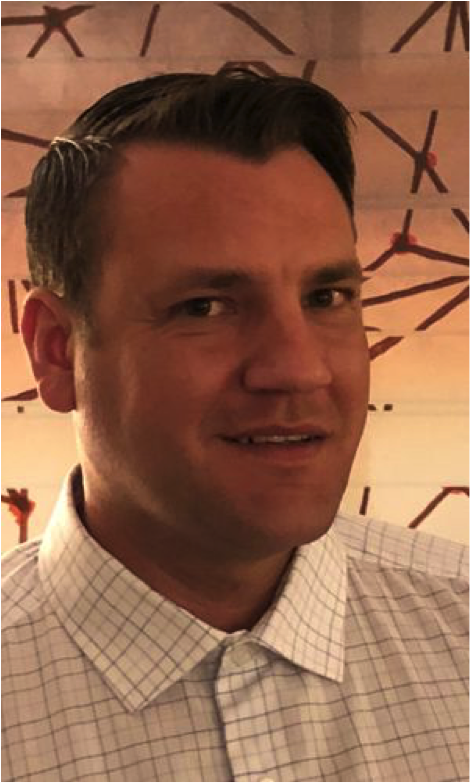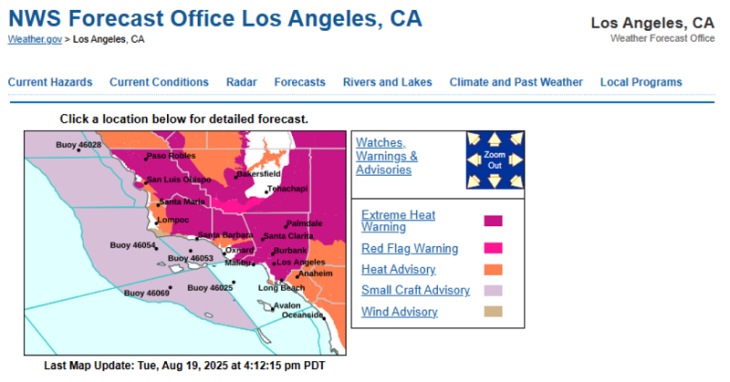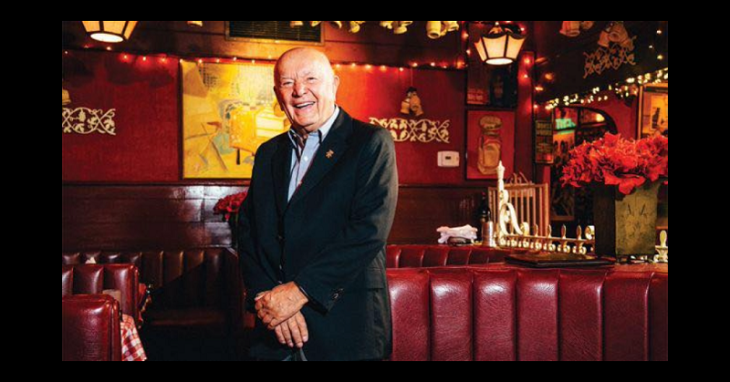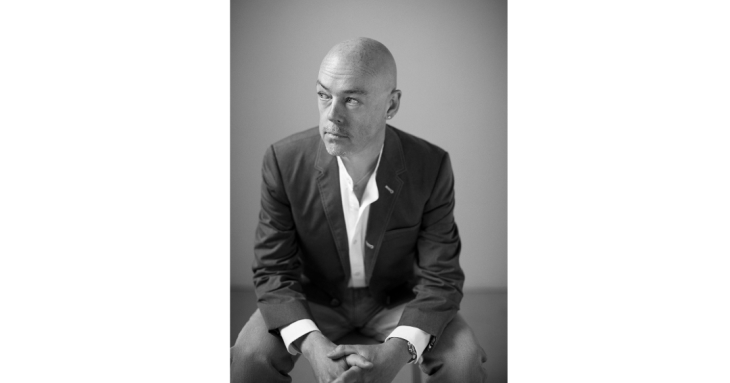By Matthew Verdun M.S.
People often start a change journey with self-help books, but there is much more to self-help than just books. Self-help is a broad category that includes books, videos, groups, other online forums, and workshops. Self-help is so popular that it is a $10-billion industry. There are several reasons people turn to self-help, but does it work? If it does work, when is the best time to use it?
Whether or not self-help works has only partially been answered. Research shows that self-groups can be effective. Groups that have a specific topic or content area have been shown to be effective for many things, including medical issues, grief, and substance abuse. The jury is still out on self-help books and workshops. It may be difficult to measure the effectiveness of self-help literature due to the broad number of topics, variety of authors’ viewpoints, and the lack of contact with people who buy the materials, which would be needed to measure the outcomes of the use of self-help books.
Just because a book works for some people, does not mean it will work for others. Some people may not like books where there is a lot of journaling or written work assigned by the book, others may find the activity to be enlightening. Some people may enjoy quizzes or assessments in self-help books, others may spend too much time analyzing the statements and get bogged down in analysis paralysis. Still others may feel they have to be 100% in line with the description given in a self-help book or it does not apply to them.
Sometimes self-help is not helpful. The authors want to reach the broadest possible audience possible, so their descriptions can read like a magazine horoscope, just vague enough as to sound appealing to most people. If the description of the characteristic under examination in the self-help book is too vague or ambiguous, people will probably not benefit from it. If a person buys the book to make change they have most likely formed a negative image of some activity, behavior, or trait. A danger with that is that the reader may have such a negatively skewed image of the problem that they give up when the self-help does not immediately fix the problem or they go too far in trying to change the problem that they over-correct, causing a new problem. No matter how good the self-help material is, and there is some good material, it cannot overcome a human mind that believes things will never get better.
When should self-help be used? Self-help should be used to gain insight and/or when change can be made without assistance. For example, there are several options to bolster ideas about being a good partner, improved intimate partner attachment, and reducing stress and anxiety. Self-help groups can be helpful for some medical issues, grief, and substance abuse. Self-help can also be used in addition to therapy. Many therapists recommend self-help groups or books to clients. Some therapists, myself included, have asked clients to read self-help literature between sessions and talked about it in session.
Self-help books or materials should not be used when a negative view of the self or world around the person that the reader is able to skew interpretation so much that they are rendered ineffective or when additional feedback is needed regarding more objective views of the thoughts, behaviors, or traits that are troublesome. Self-help books should also not be used when they enable a reader to continue isolating, when the person uses reading the literature or something they read in the literature to enable further disconnection from social and family supports, which is different from a realization that some relationships are toxic and need to be changed. Self-help should also not be used in place of treatment for mental or medical illnesses.
A good friend of mine once told me, “take what you want and leave the rest” when it comes to self-help. This is a good rule of thumb. If possible, review the material before buying it. Think critically about the material and what the author is saying. References to research or other evidence-based material usually demonstrate the recommendations are based in evidence. Remember, though, that recommendations are just that, they are not a substitute for medical or mental health treatment, and it is important to know when you or a loved-one should seek professional help.
Matthew Verdun, M.S.
CA BBS License Number: LMFT 85437
matthewverdunmft.com
424-254-0900























